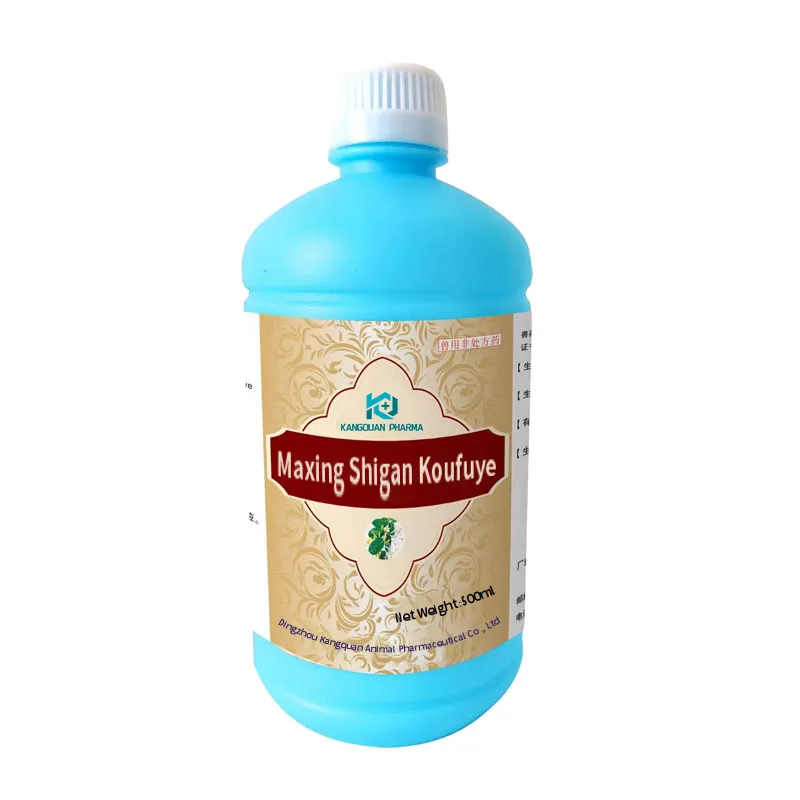- Afrikaans
- Albanian
- Amharic
- Arabic
- Armenian
- Azerbaijani
- Basque
- Belarusian
- Bengali
- Bosnian
- Bulgarian
- Catalan
- Cebuano
- Corsican
- Croatian
- Czech
- Danish
- Dutch
- English
- Esperanto
- Estonian
- Finnish
- French
- Frisian
- Galician
- Georgian
- German
- Greek
- Gujarati
- Haitian Creole
- hausa
- hawaiian
- Hebrew
- Hindi
- Miao
- Hungarian
- Icelandic
- igbo
- Indonesian
- irish
- Italian
- Japanese
- Javanese
- Kannada
- kazakh
- Khmer
- Rwandese
- Korean
- Kurdish
- Kyrgyz
- Lao
- Latin
- Latvian
- Lithuanian
- Luxembourgish
- Macedonian
- Malgashi
- Malay
- Malayalam
- Maltese
- Maori
- Marathi
- Mongolian
- Myanmar
- Nepali
- Norwegian
- Norwegian
- Occitan
- Pashto
- Persian
- Polish
- Portuguese
- Punjabi
- Romanian
- Russian
- Samoan
- Scottish Gaelic
- Serbian
- Sesotho
- Shona
- Sindhi
- Sinhala
- Slovak
- Slovenian
- Somali
- Spanish
- Sundanese
- Swahili
- Swedish
- Tagalog
- Tajik
- Tamil
- Tatar
- Telugu
- Thai
- Turkish
- Turkmen
- Ukrainian
- Urdu
- Uighur
- Uzbek
- Vietnamese
- Welsh
- Bantu
- Yiddish
- Yoruba
- Zulu
8 月 . 14, 2024 04:12 Back to list
Effective Disinfectant Strategies for Veterinary Clinics to Ensure Optimal Animal Health and Safety
Effective Disinfectants for Veterinary Clinics
In veterinary clinics, maintaining a clean and hygienic environment is crucial for the health and safety of both animals and staff. Due to the presence of various pathogens, including bacteria, viruses, and fungi, regular disinfection is vital. The selection of appropriate disinfectants is essential to ensure the effectiveness of cleaning protocols and to prevent the spread of disease. This article will explore key considerations and best practices when choosing disinfectants for veterinary clinics.
Understanding Disinfectants
Disinfectants are chemical agents that eliminate or reduce harmful microorganisms on surfaces. In a veterinary context, these products must be effective against a wide range of pathogens, including those responsible for infectious diseases in pets, livestock, and even zoonotic diseases that can affect human health.
When selecting a disinfectant, it is important to consider its spectrum of activity. Common categories include quaternary ammonium compounds, phenolic compounds, chlorine-based disinfectants, and hydrogen peroxide. Each of these categories has its unique benefits and limitations, making it essential to choose one that is suitable for the clinic's specific needs.
Factors to Consider
1. Efficacy The primary consideration in selecting a disinfectant is its effectiveness in killing pathogens. A disinfectant must have proven activity against a broad spectrum of bacteria, viruses, and fungi. Veterinary clinics often deal with resistant organisms, so a product with a proven track record against these pathogens is essential.
2. Safety The safety of animals and staff is paramount. Disinfectants should be non-toxic and non-irritating to skin and respiratory systems. Additionally, some animals may have sensitivities to certain chemicals; thus, choosing products that minimize potential adverse reactions is key.
veterinary clinic disinfectants

3. Surface Compatibility Different disinfectants have varying effects on surfaces. For instance, some can corrode metals or dull finishes on equipment and floors. It's crucial to assess the compatibility of the disinfectant with surfaces present in the clinic, such as stainless steel, plastic, and flooring materials.
4. Ease of Use Disinfectants should be easy to apply and should allow for efficient cleaning protocols. Many clinics employ multiple staff members in the cleaning process; therefore, the chosen products should come with clear instructions and should be straightforward to use.
5. Residual Action Some disinfectants provide residual antimicrobial effects, which can help prevent recontamination after cleaning. This aspect is particularly important in high-traffic areas of a veterinary clinic where pathogens are likely to be present.
Best Practices for Disinfection
Establishing an effective disinfection protocol requires consistent practices. Regular cleaning and disinfection should be scheduled, focusing on high-touch surfaces like exam tables, kennels, and waiting areas. Additionally, staff training on proper disinfection techniques is integral to the success of these protocols.
It is also important to maintain a cleaning log that records the disinfection schedule, the products used, and any issues encountered. This log can help ensure accountability and traceability in case of an outbreak or infection.
Conclusion
In summary, the selection of disinfectants for veterinary clinics is a critical component of infection control. By carefully considering factors such as efficacy, safety, surface compatibility, ease of use, and residual action, veterinary professionals can significantly contribute to a safer environment for both animals and humans. Consistent implementation of best practices in disinfection will not only protect the health of clinic visitors but also enhance overall operational efficiency in the veterinary setting.
-
The Power of Radix Isatidis Extract for Your Health and Wellness
NewsOct.29,2024
-
Neomycin Sulfate Soluble Powder: A Versatile Solution for Pet Health
NewsOct.29,2024
-
Lincomycin Hydrochloride Soluble Powder – The Essential Solution
NewsOct.29,2024
-
Garamycin Gentamicin Sulfate for Effective Infection Control
NewsOct.29,2024
-
Doxycycline Hyclate Soluble Powder: Your Antibiotic Needs
NewsOct.29,2024
-
Tilmicosin Premix: The Ultimate Solution for Poultry Health
NewsOct.29,2024













